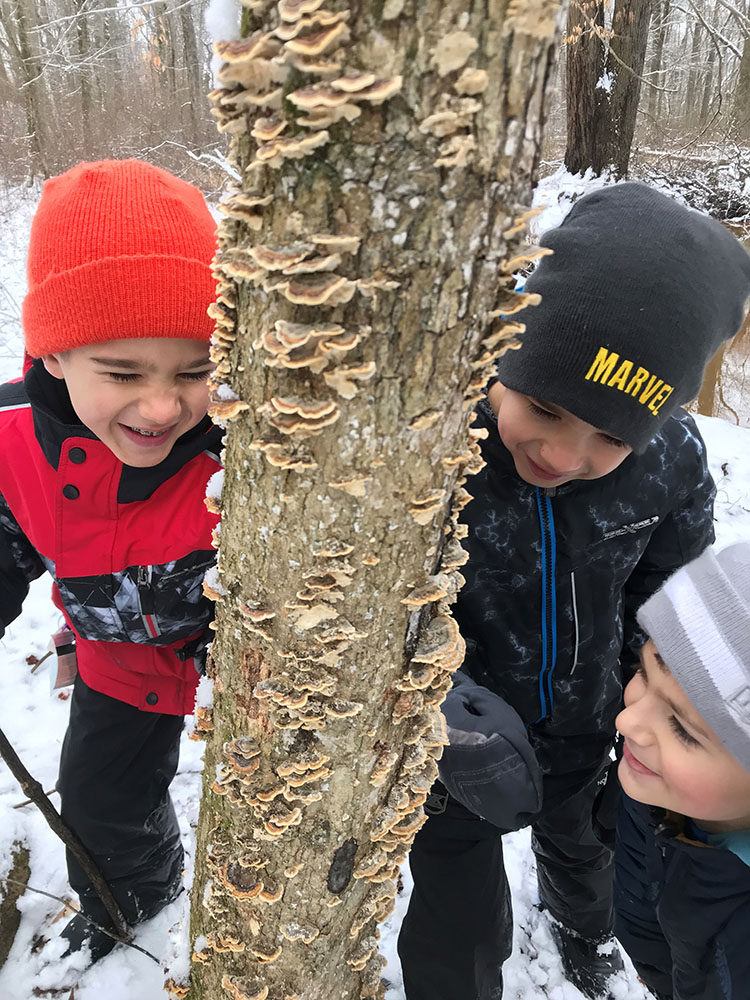Our schools’ focus on scoring “proficient” on national tests, means that too many gifted children “are not being served well because they’re already there,” notes Debora Hansen, an education associate for the Delaware Department of Education.
Unfortunately, when the needs of exceptionally talented youngsters are overlooked, some disengage from school, exhibit behavior problems and later drop out of college, says Dawn Settle, president of Pennsylvania Association for Gifted Education (PAGE). That results in tremendous wasted potential.
“If we keep our gifted kids challenged, it raises the bar for regular education. It has a phenomenal effect on all kids,” says Deb Pellen, a parent and former PAGE advocate in the Council Rock, PA schools.
Parents play a critical role in recognizing their child’s giftedness, advocating for gifted children and dispelling fallacies about them.
How To Recognize a Gifted Child
It’s not easy to recognize what gifted children “look like.” Giftedness has many variations. For example:
- Gifted children are usually inquisitive and ask lots of questions.
- Sometimes their questions and comments may seem irrelevant, but that’s part of their extraordinary intelligence and connection-making.
- A gifted child may have an unusual sense of humor.
- A gifted child is not necessarily a star in all subjects, but remember that giftedness is still part of his whole person.
- A gifted child thinks differently from typical people. So what might appear as haphazard, non-systematic thinking may actually result because she leaps over steps that are obvious to her.
-
A gifted child may be a loner or seem to be in another world.
- Many gifted kids are challenging and non-compliant. Sometimes they see better approaches or are annoyed by activities they see as boring, pointless or wasteful.
- A gifted child may not score well on tests or speak with sophistication. Parents should insist on alternative and multiple measurements to identify their child’s exceptional talents.
- Some gifted children are "twice exeptional," meaning that they may have extraordinary abilities in some areas, but also an extraordinary disability, such as ADHD, dyslexia or Asperger syndrome.
The Needs of Gifted Children
What do gifted kids need, and how can parents, teachers and other adults help fill those needs?
- A gifted child may have a profound interest in one or more topics. This should be appropriately developed, not discouraged.
- Gifted children often need to share what they learn and the questions they think about. They need appropriate peers and mentors with whom to communicate about their ideas. You can’t always serve that role, so help find them for the child.
-
Gifted children can be shy, perfectionist, intolerant or ashamed of their own mistakes, overly sensitive, embarrassed by being different. They need encouragement to take intellectual risks, grow from mistakes and be themselves.
- Gifted youngsters need to interact with each other socially in order to feel less isolated and out of place.
- Many gifted students haven’t had to study to succeed until late high school or college, so they actually haven’t learned study skills. Many need to learn organizational and work management strategies in order to be prepared and succeed when they actually have to work hard at something.
- Build on individual strengths. Even multiple gifted children in the same family have different talents, interests and styles. Some reveal their talents verbally; others manifest their exceptionality in other ways.
- Help a gifted student to find mentors and resources that go beyond their parents' and teachers' areas of expertise.
Ann L. Rappoport, PhD, is an educational consultant and contributing writer to MetroKids.






